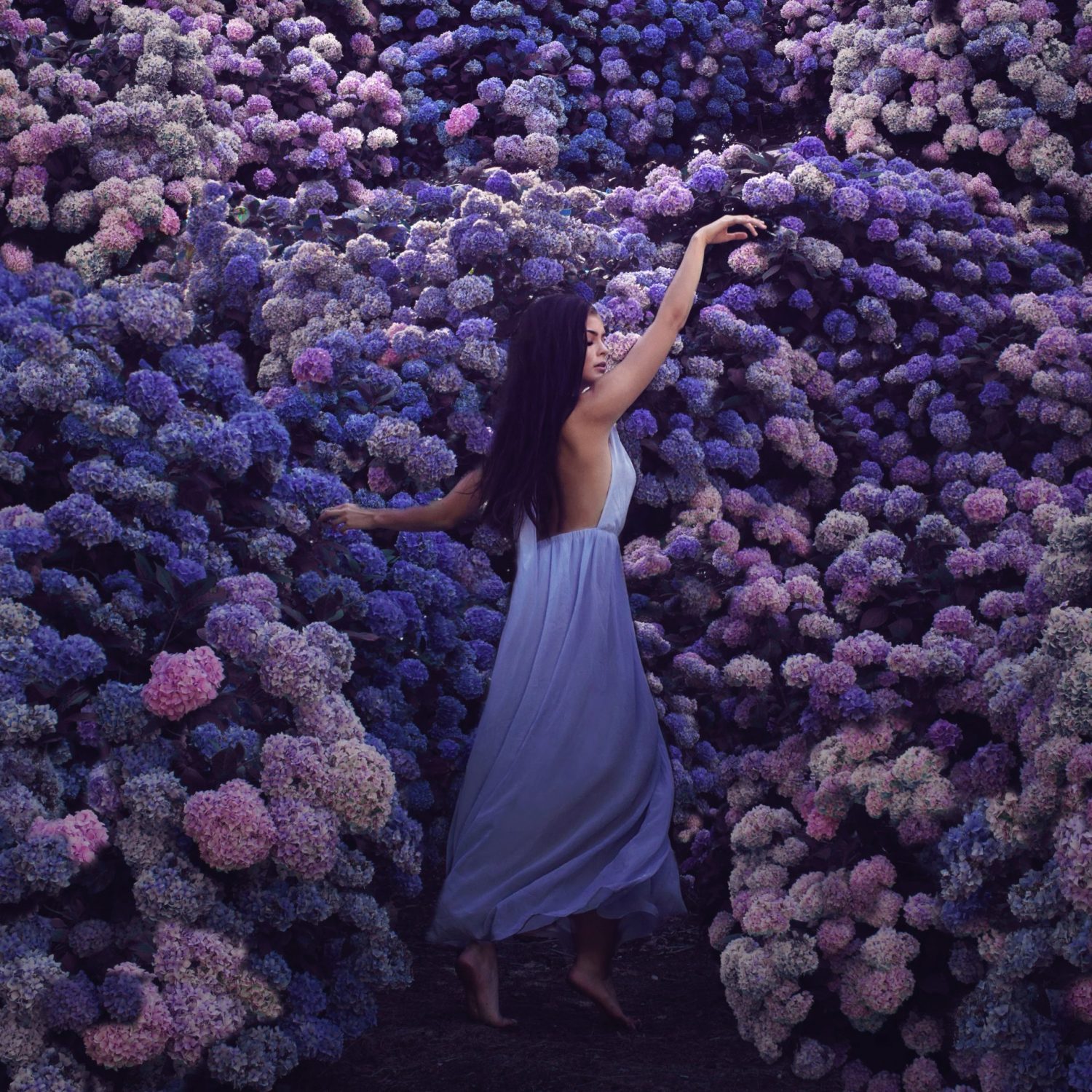The Mental Health Benefits Of Photography
Are you worried about your mental health during the coronavirus outbreak?
Infectious disease outbreaks, like the current Coronavirus (COVID-19), can be scary and can affect our mental health. While it is important to stay informed, there are also many things we can do to support and manage our wellbeing during such times.
You may feel bored, frustrated or lonely. You may also be low, worried or anxious, or concerned about your finances, your health or those close to you.
It’s important to remember that it is OK to feel this way and that everyone reacts differently. Remember, this situation is temporary and, for most of us, these difficult feelings will pass. Staying at home may be difficult, but you are helping to protect yourself and others by doing it.
My name is Kirsty Corbett, I am 26 years old and I am a professional photographer from England who has had a long history of severe depression and anxiety.
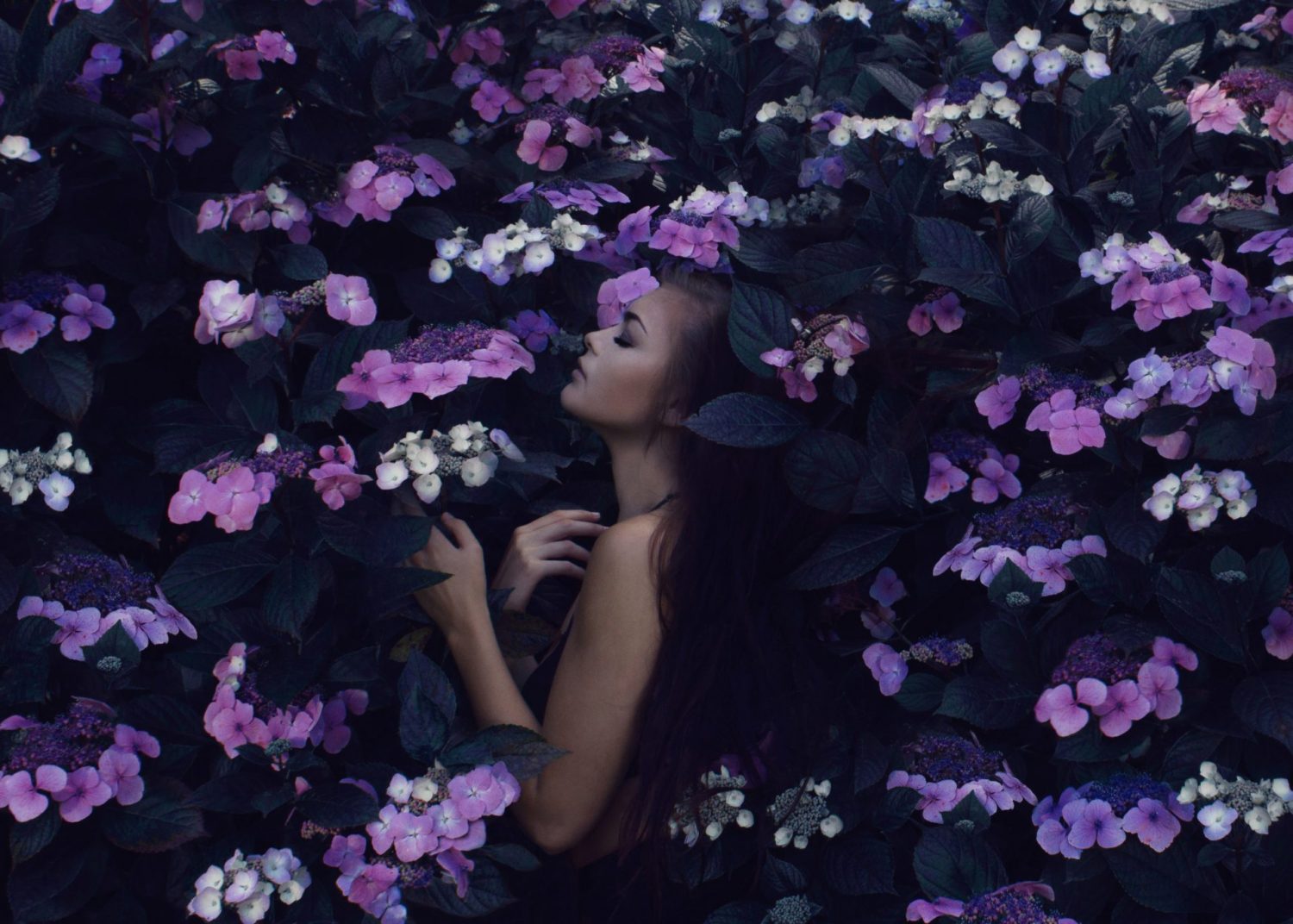
During these uncertain and worrying times I would like to share with you the therapeutic benefits of photography, and how can it help you with depression and anxiety.
In my experience photography has helped me see the world in colour instead of black and white, it finally allowed me to start expressing myself and become inspired, dealing with and eventually overcoming severe depression and anxiety that was prolonged by silence.
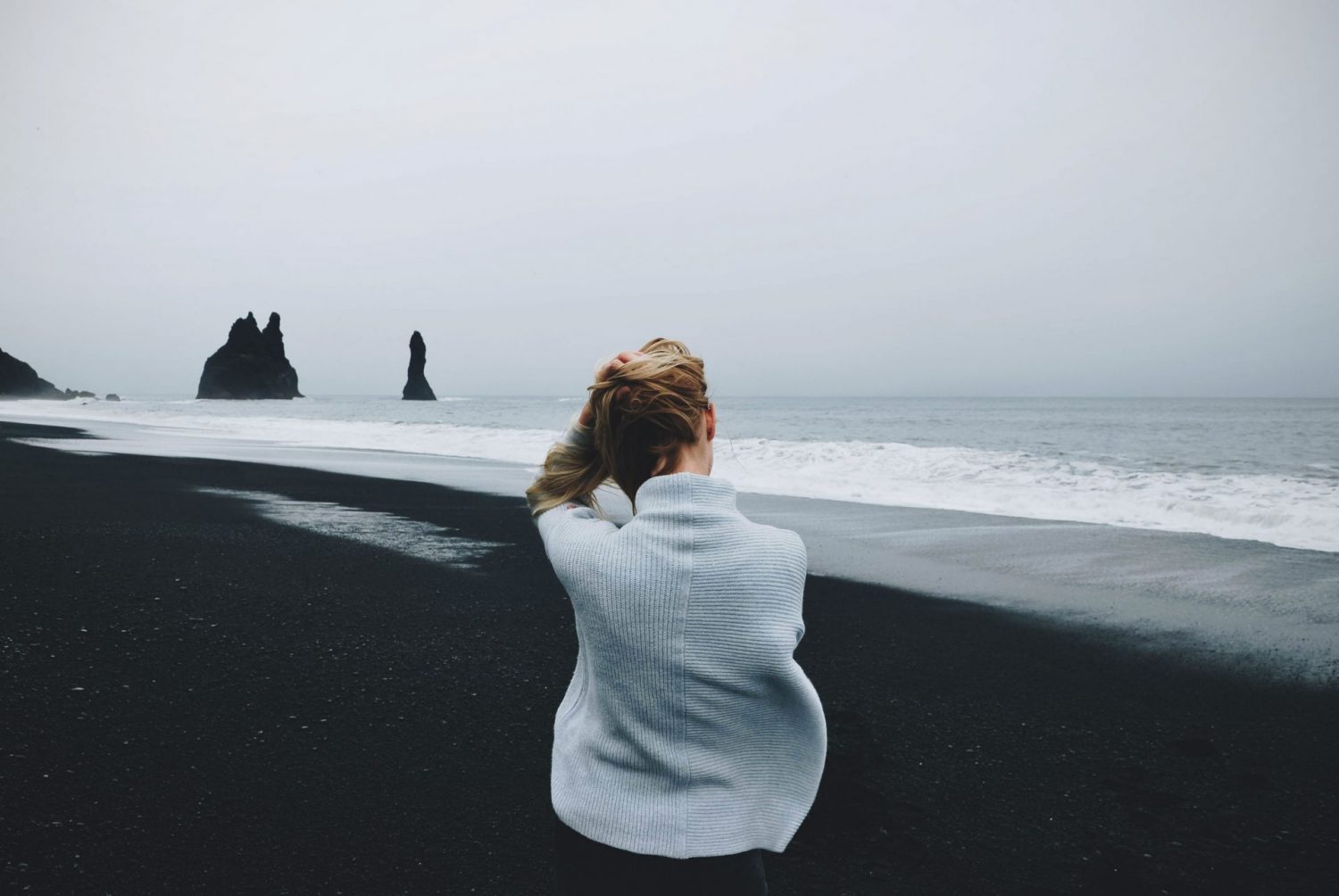
In a media-saturated world where we are spending more and more time staring at our screens, you might think that picking up a camera to ease your mind might seem counterintuitiveâbut scientific research proves otherwise.
Not only does photography allow you to express yourself, but it also helps bring focus to positive life experiences, enhances your self-worth, and even reduces the stress hormone cortisol. It turns out that being a shutter bug gives you a perspective in more ways than one.
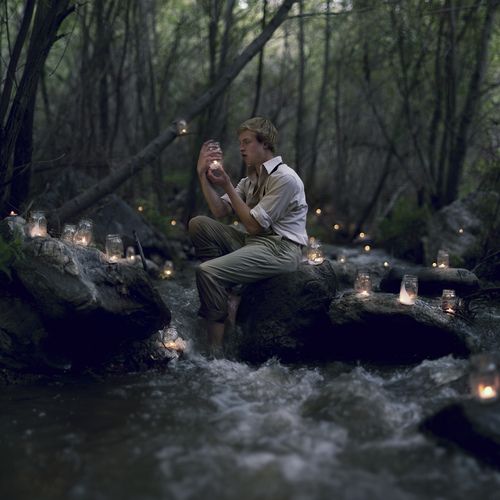
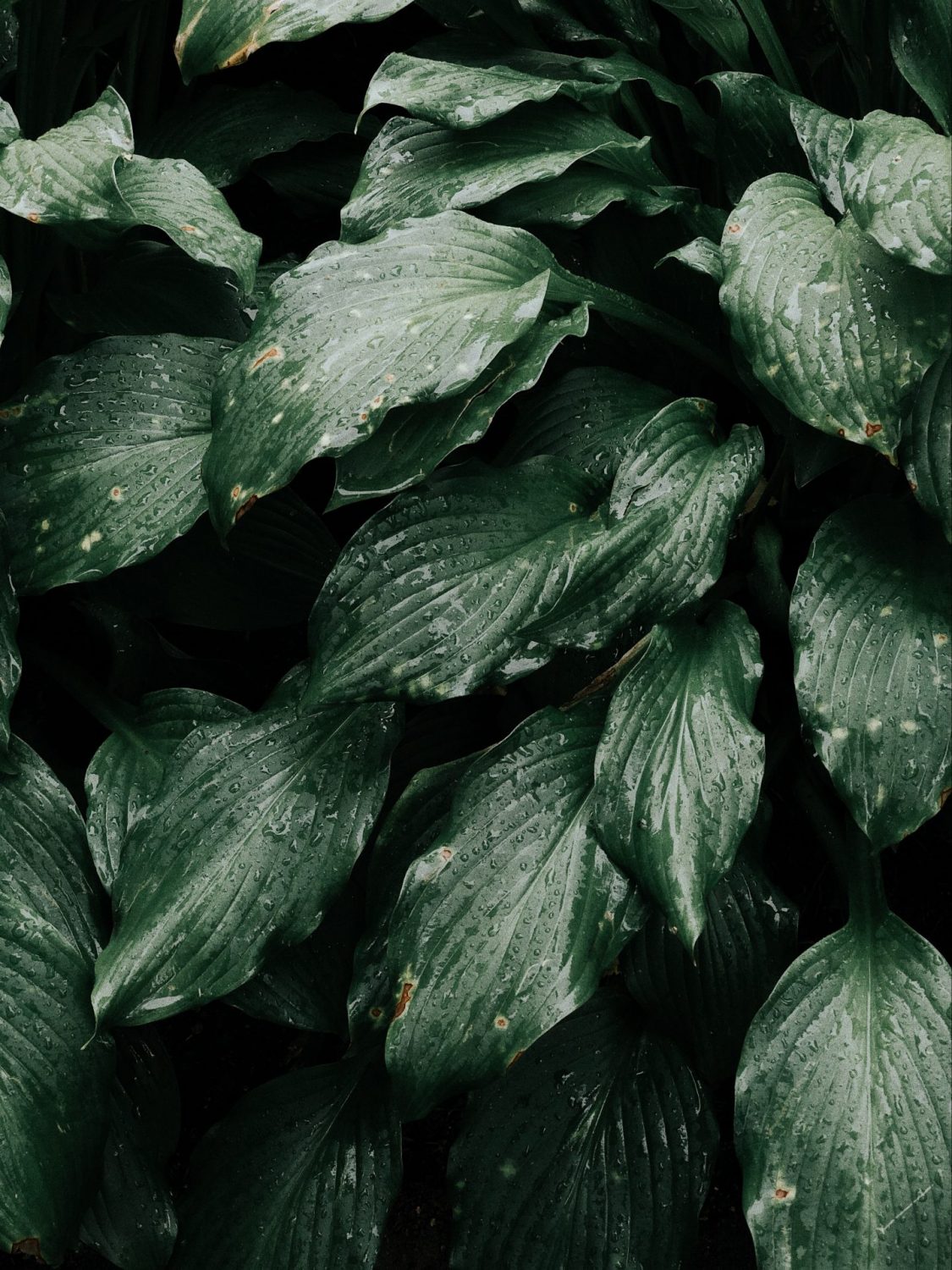
When things get on top of you, or you feel as though you need a break from the stresses and strains of everyday life, simply pick up your camera and your coat and head out on an adventure. Giving yourself the time and space to explore your creativity can help exponentially in your mental wellness.
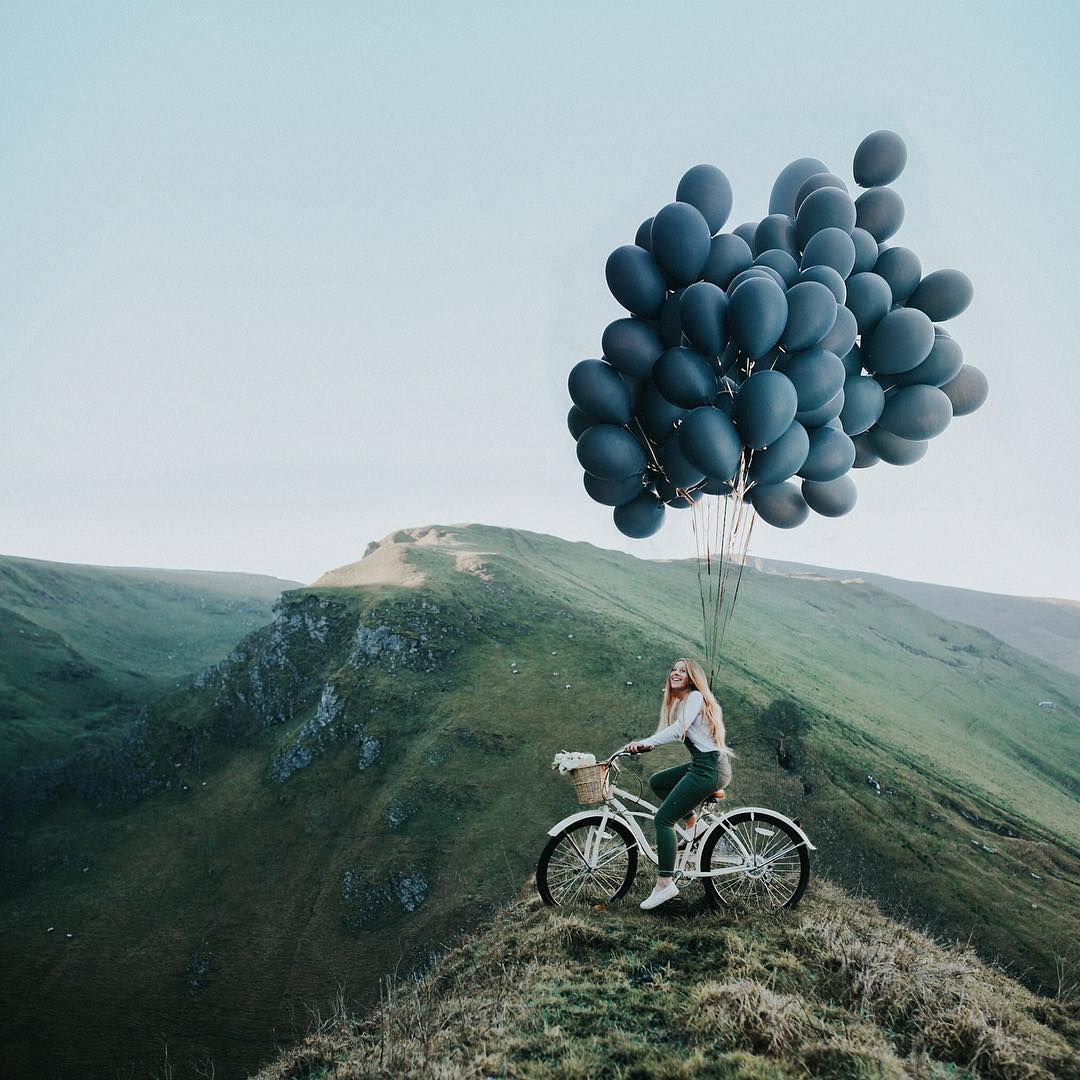

Dr Liz Brewster of Lancaster University has conducted research into the link between photography and wellbeing. She examined the effects of taking and sharing photographs on people who disclosed a variety of diagnoses – and those with no diagnosis at all.
She concluded that photography could be beneficial for all types of mental health issues. âIt helps you to focus, allows for mastery of a technical skill, provides an artistic outlet, and particularly for wildlife photographs, takes a lot of patience,â she says.
âI think thereâs something important in that. It slows us down in a fast-moving society.â
One participant in Dr Brewsterâs research explains the positive effects: âI think it forces me to look at the world again. And also, thereâs a postural thing. If youâre only looking down, when youâre depressed and hunched over, it encourages you to look up. Or at least squat down and look at something different. And to stop and smell the flowers.â
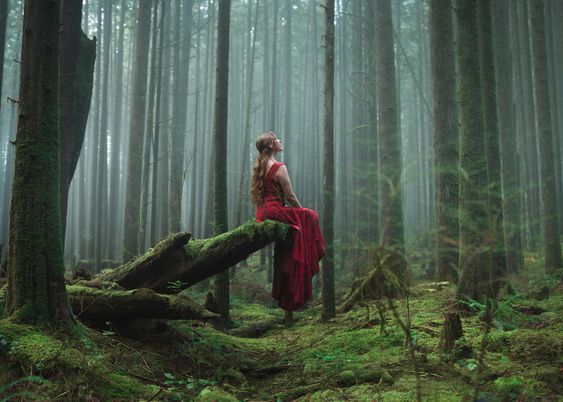
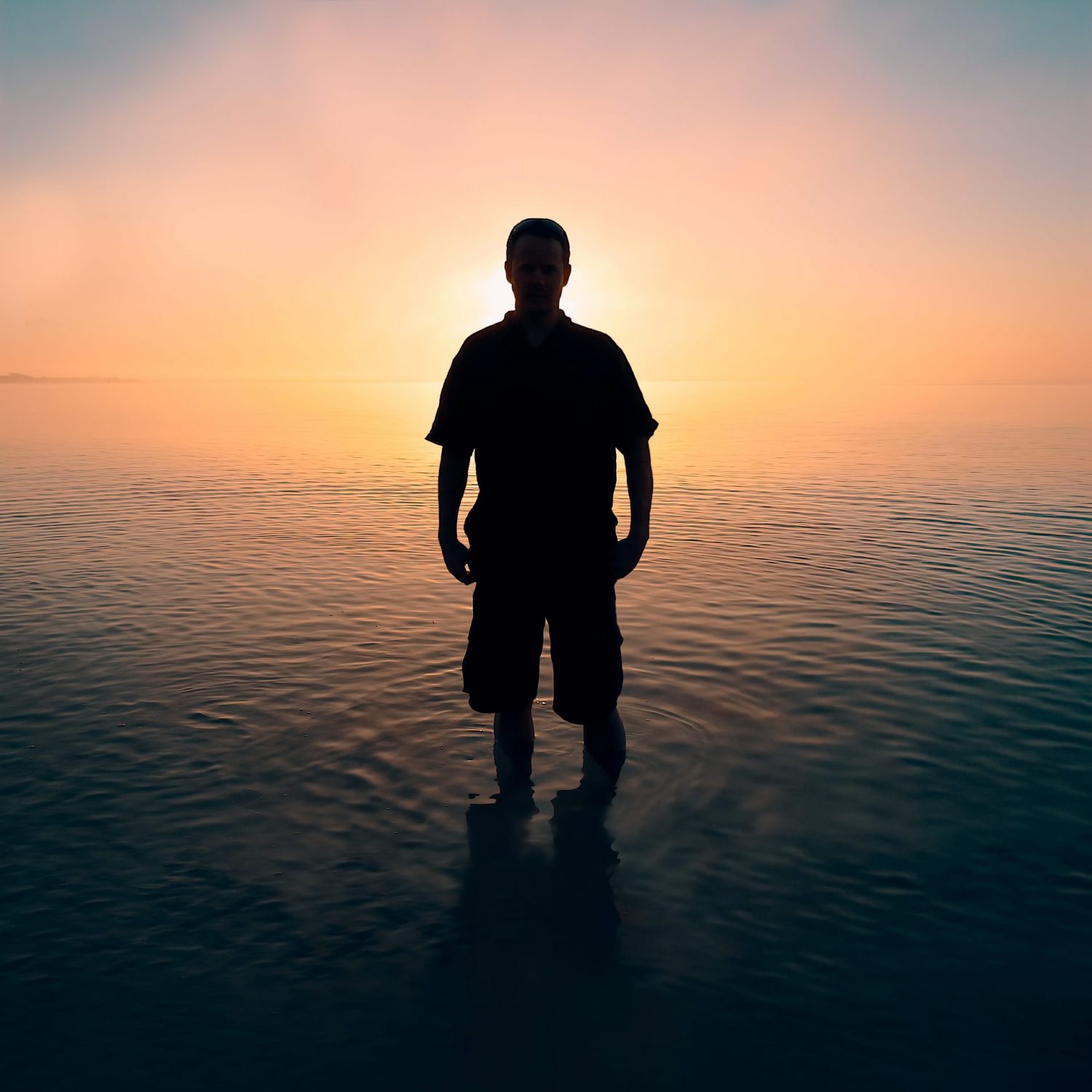
It tasks photographers with the opportunity to truly see an environment, making the most out of any situation. Photography requires adaptability and focus, driving photographers to chase that elusive perfect shot. This is why many people find photography so effective for cultivating good mental health.
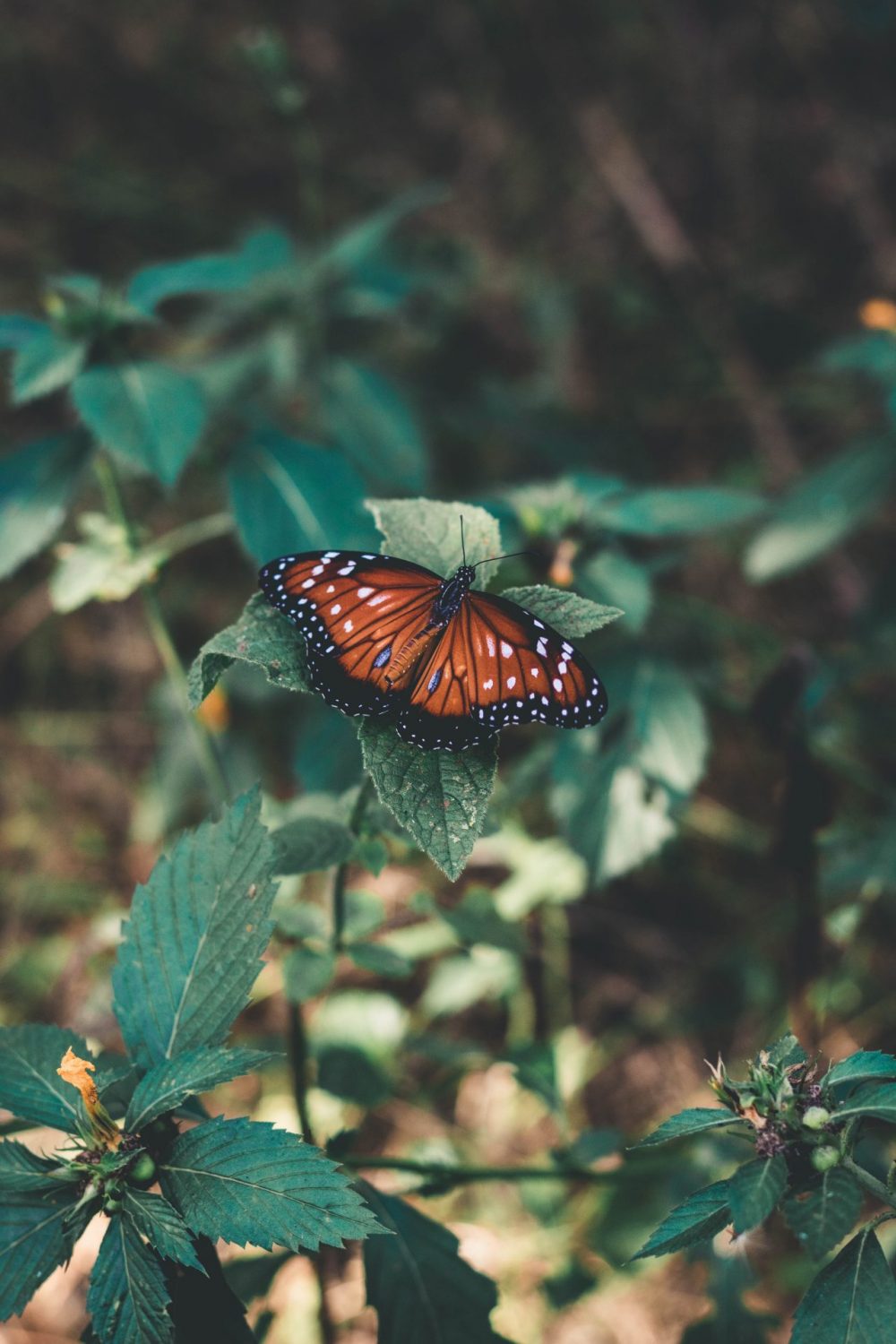
Motivation
The relationship between photography and motivation can be tenuous. Sticking with photography in better times creates a sense of stability in harder periods. Chasing the elusive âperfect shotâ and the afterglow of a photo session slowly starts to become a necessity â instilling resilience.
People on the outside may not understand a photographerâs inner workings or mental well being, but even the smallest of accomplishment spills over to a new day, easing the complex difficulties experienced in a low. Photography has many benefits and it all comes down to taking a camera in your hands.
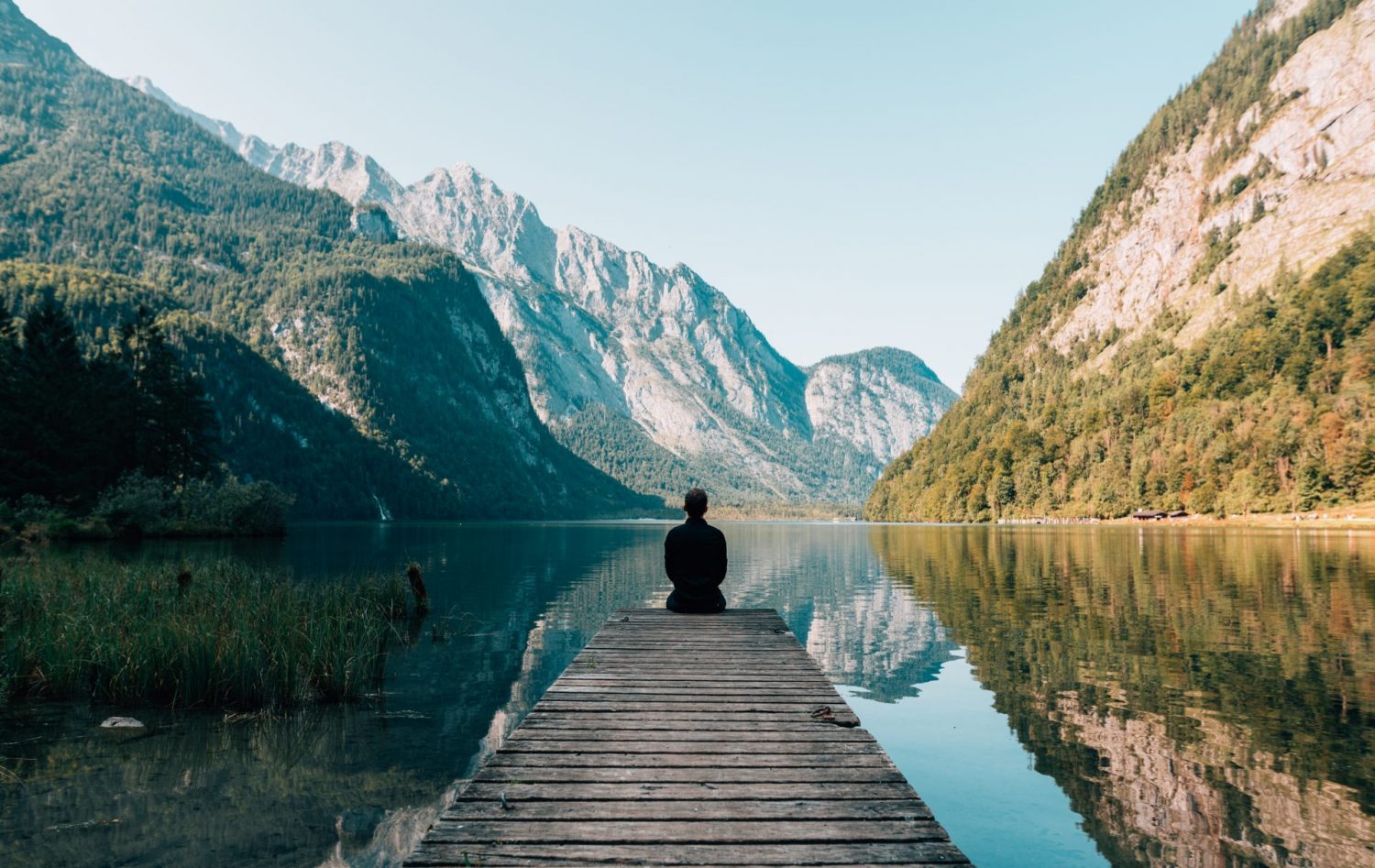
Go With The Flow
Ever heard of the scientific concept of flow? Also known colloquially as being âin the zone,â flow is the mental state of operation in which a person performing an activity is fully immersed in a feeling of energised focus.
Be it cooking, dancing, or taking photos, flow often occurs when you are transfixed on a creative task. Time disappears, you forget yourself, and you become a part of something larger.

Meditation
– The entire process of shootingâfrom choosing a subject matter to discovering new angles to manipulating lightârequires absolute focus. This very process of observing, by nature, is a meditative task that draws you into a peaceful state
What I think it all boils down to is simplicity. Whether your subjects are portraits, wildlife, landscapes or cityscapes â the mindful process of taking time out of your routine to just take photos for the sheer hell of it (for no-one but yourself!), can be a welcome antidote to the stressful world we live in. Photography gives you a solid reason to get up, venture outside, and create something from nothing.

Organisations
Photovoice â The organisationâs vision is for âa world in which everybody has the opportunity to represent themselves and tell their own story. To promote the ethical use of photography for positive social change, through delivering innovative participatory photography projectsâ.
PhotoTherapy â The PhotoTherapy technique is âtherapy practices that use peopleâs personal snapshots, family albums, and pictures taken by others (and the feelings, thoughts, memories, and associations these photos evoke) as catalysts to deepen insight and enhance communication during their therapy or counselling sessionsâ.
Fragmentary â Focusing âsolely on exploring the complex issues of mental health and emotions through photographic projects and artworksâ. Fragmentary are looking for photographs that stir dialogue and move the viewer about mental health, the âpsychology of the self and othersâ and encourage projects with therapeutic potential.
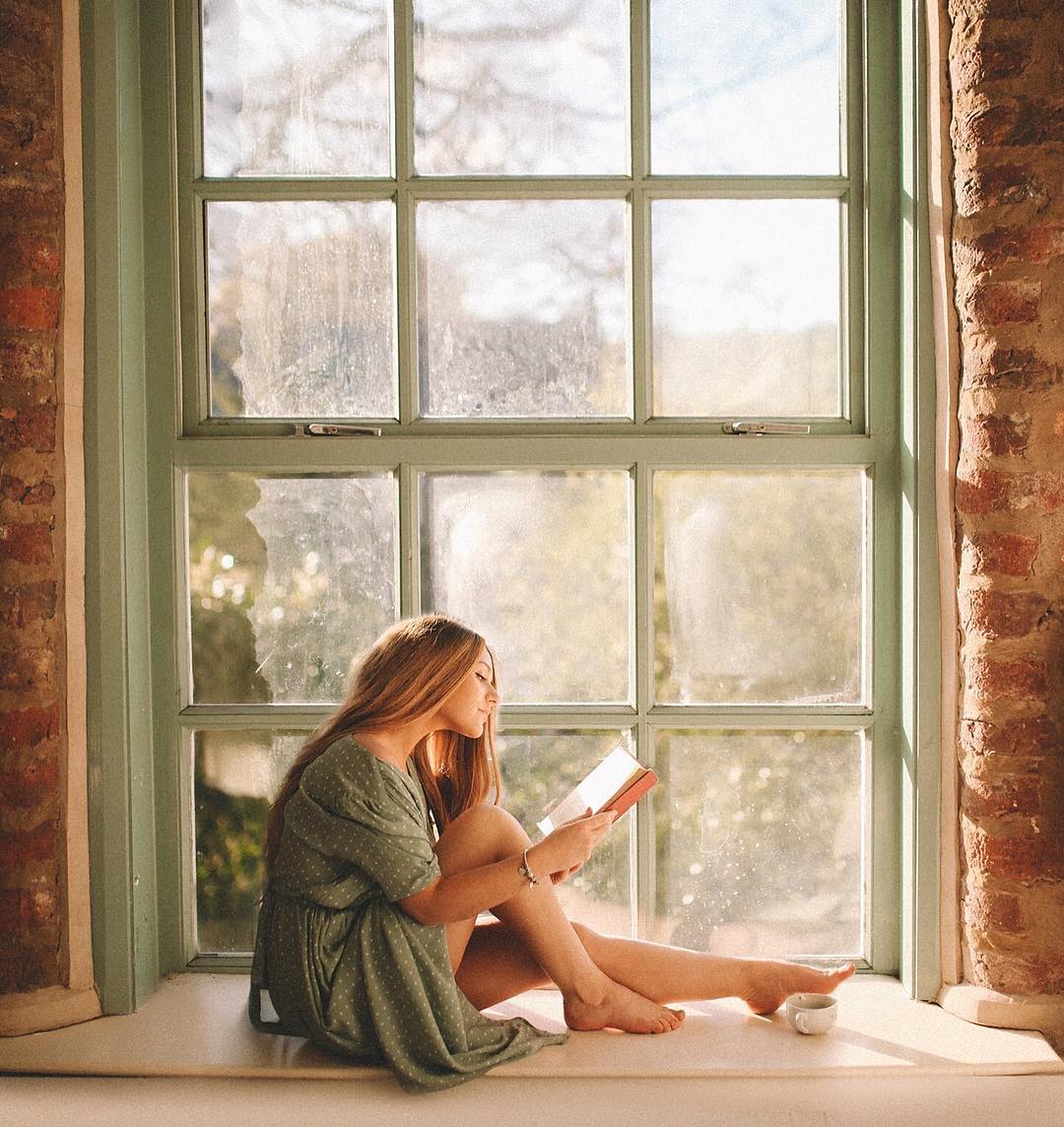
Try to commit to spending a few hours each week with your camera, calmly watching, waiting and snapping. I wager that â without you even noticing â gradually you will reach a sense of inner calm and focus simply by practising photography regularly, purely for yourself.
The Benefits of Photography
Psychological effect
Calms the mind
Photos become a powerful source of reflection
Photography can be very social, helping to establish social bonds
Your photos can provide powerful self-expression and reflection
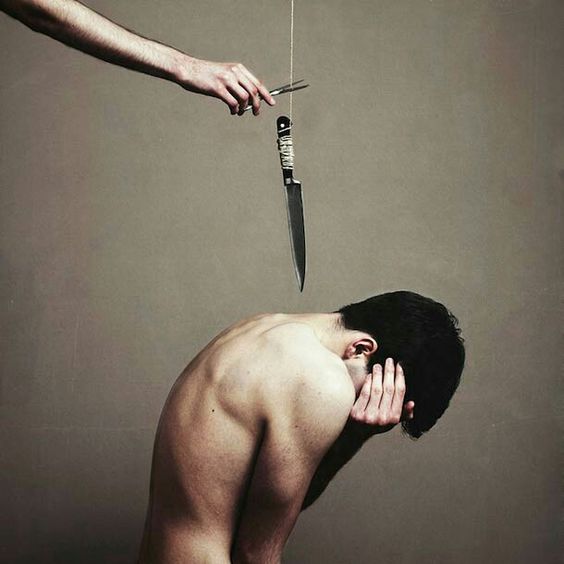
Photography can be a connection to your subconscious mind, helping you to discover powerful personal insights about the cause behind your depression. Often the answers we seek externally are found within us.
Focus externally
Connect with light
See the world differently
Enhanced patience in everyday life
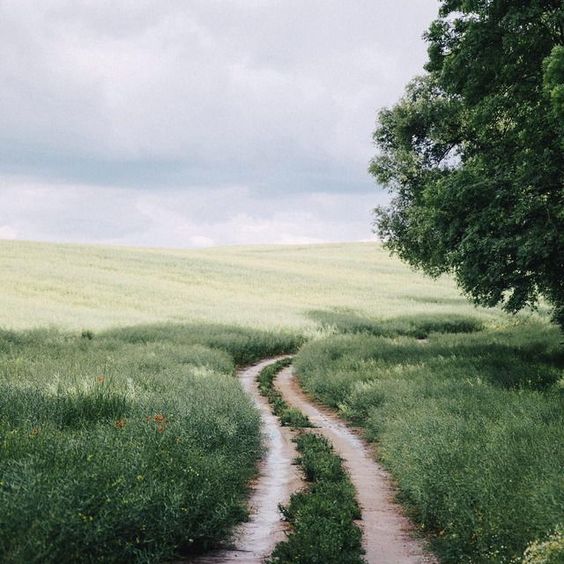
See the beauty in everyday things
Photographs often allow positive feedback from others, which can be huge when going through depression or dealing with anxiety
Photography acts as non-verbal communication, which can be huge when dealing with issues like depression or anxiety that are hindered by stigma
Form of meditation
Energised focus â being âin the zoneâ for a creative task
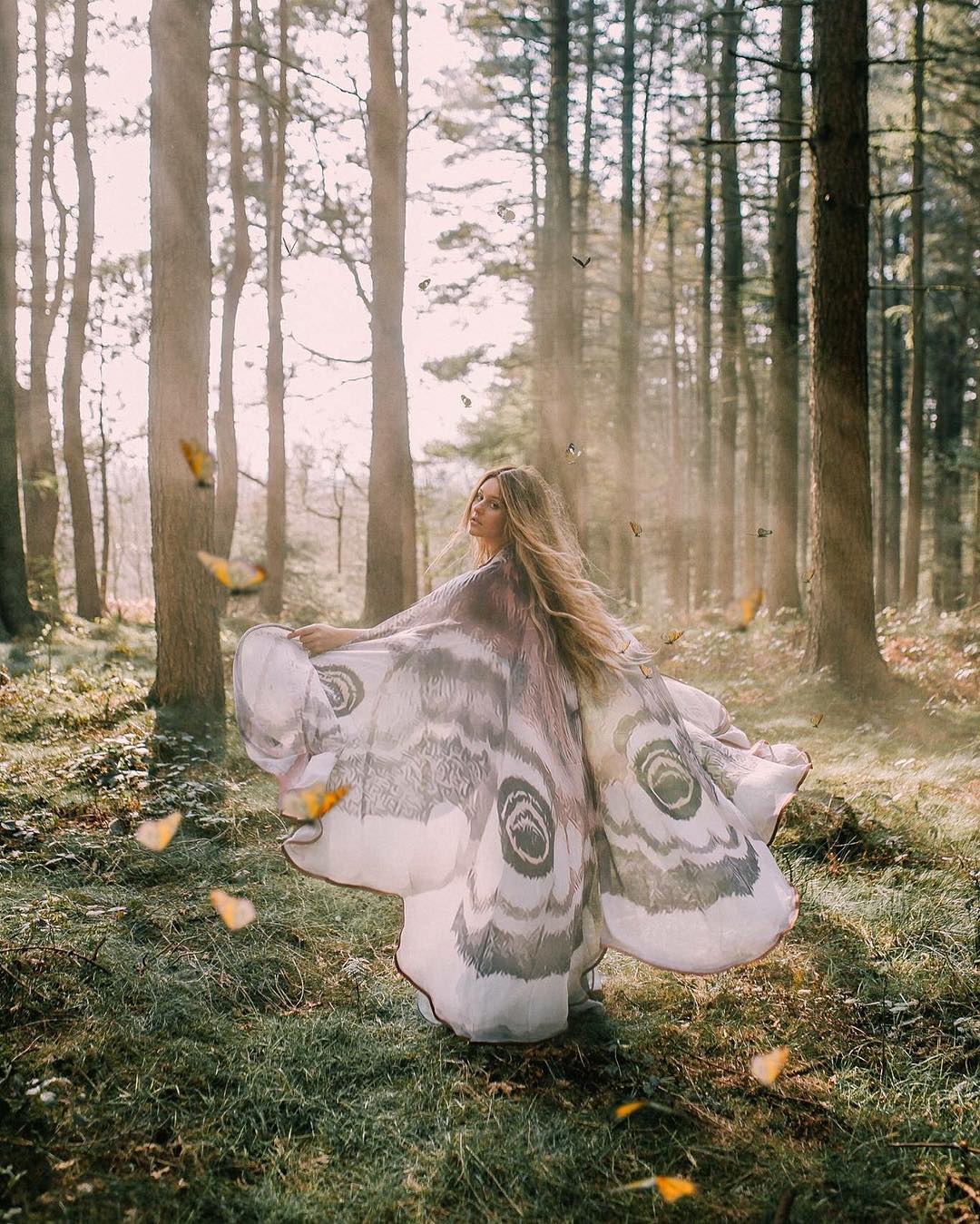
Enjoy time on your own (it is sometimes an art form that is best done alone)
Many people experience a âflowâ state with photography, but often it simply helps you to focus externally â rather than getting caught up in the thoughts racing through your mind
Observing the detail
You gain control of how you frame the world
Photography can be a subconscious therapy, it allows you to loose your self & be at peace with your surroundings.
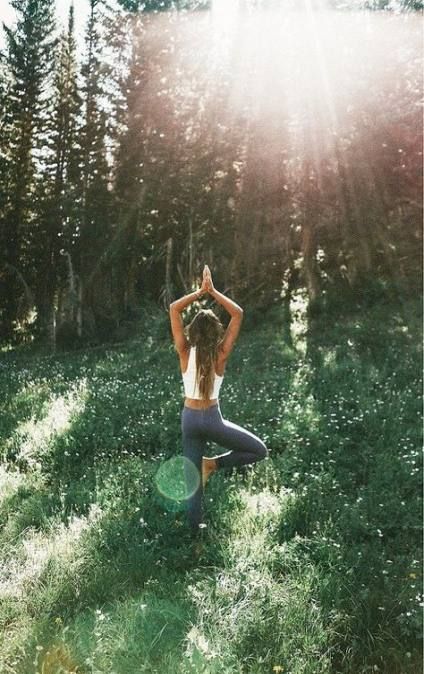
Heightened self-awareness
Opportunity to calm your mental storm
Being creative
Connection to natureâs scents, sights and sounds
Engaging actively in self-expression

Provides a shift in perspective (youâre literally looking through a new/different lens, often seeing the world differently)
Motivation
Manifest the world you want to live in through your photography
Mindfulness
Get outside and connect with nature
Reduced stress (levels of cortisol) to improve your mood and sleep
You begin searching for and finding beauty in the world
Fresh air, fresh mind.
